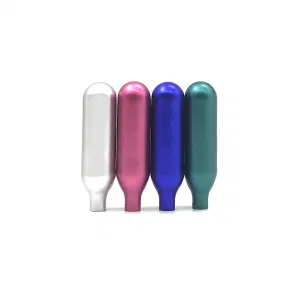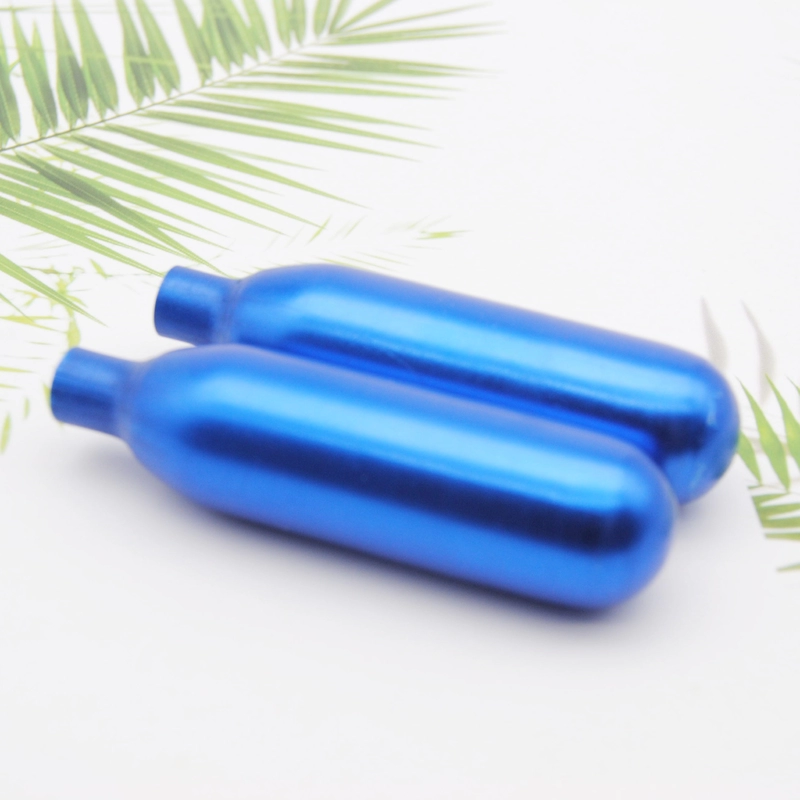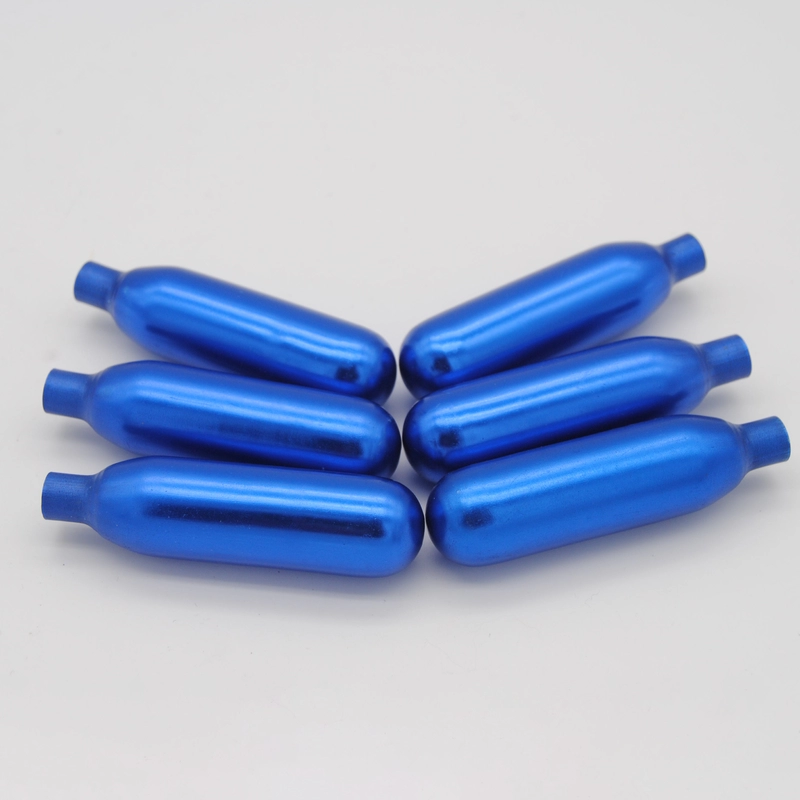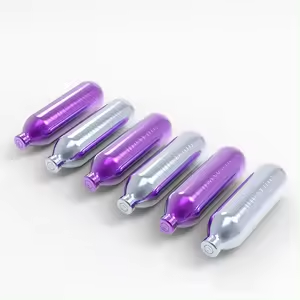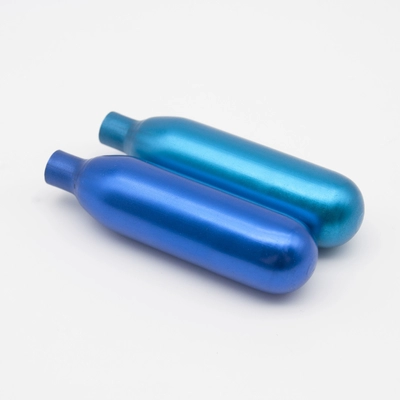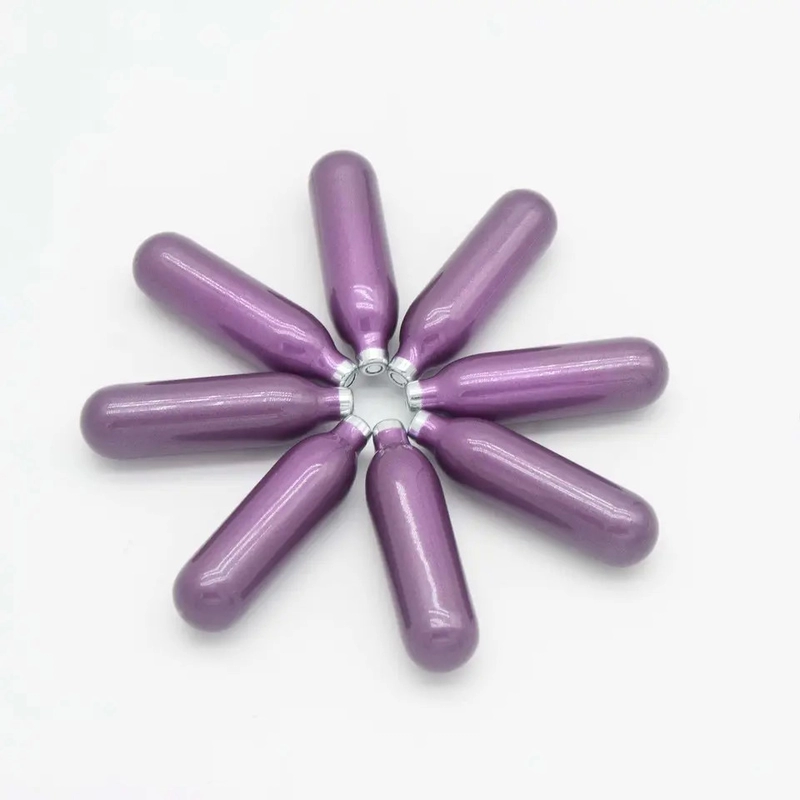Introduction
Nitrous oxide (N20) cylinders are widely used in the food and beverage industry for whipped cream dispensers, as well as in medical and dental settings for sedation and pain management. However, these cylinders can pose serious risks if not properly maintained. This article outlines best practices for N20 cylinder maintenance to ensure longevity and safety.
Why Proper N20 Cylinder Maintenance is Important
N20 cylinders contain high-pressure gas and can pose serious risks if not properly maintained. If a cylinder is damaged or leaking, it can lead to an explosion or fire. In addition, improper handling or storage can cause the cylinder to become damaged, which can also be dangerous.
Proper N20 cylinder maintenance is important to prevent accidents and ensure the longevity of the cylinder. By following best practices for handling, storing, inspecting, and cleaning N20 cylinders, you can help ensure the safety of yourself and others and prolong the life of the cylinder.
Best Practices for N20 Cylinder Maintenance
When not in use, N20 cylinders should be stored in a cool, dry, well-ventilated area away from direct sunlight, heat sources, and flammable materials. They should be stored upright and securely fastened to prevent tipping or falling.
Handling N20 Cylinders
N20 cylinders should be handled with care to prevent damage. When moving or transporting cylinders, use a hand truck or cart designed for that purpose. Never roll or drag a cylinder, and never lift it by the valve or cap.
Inspecting N20 Cylinders
Inspect N20 cylinders regularly for damage or leaks. Check for dents, cracks, or other signs of damage. Also, check the valve for signs of wear or damage. If you suspect a leak, do not use the cylinder and contact a professional immediately.
Cleaning N20 Cylinders
N20 cylinders should be cleaned periodically to remove any dirt or debris that may accumulate on the exterior. Use a clean, damp cloth and mild soap to clean the cylinder. Do not use abrasive or corrosive cleaners, as these can damage the cylinder.
Conclusion
Proper N20 cylinder maintenance is important for safety and longevity. By following best practices for storing, handling, inspecting, and cleaning N20 cylinders, you can help prevent accidents and prolong the life of the cylinder. Always take the necessary precautions when working with N20 cylinders, and if you have any doubts about their safety or maintenance, consult a professional.



